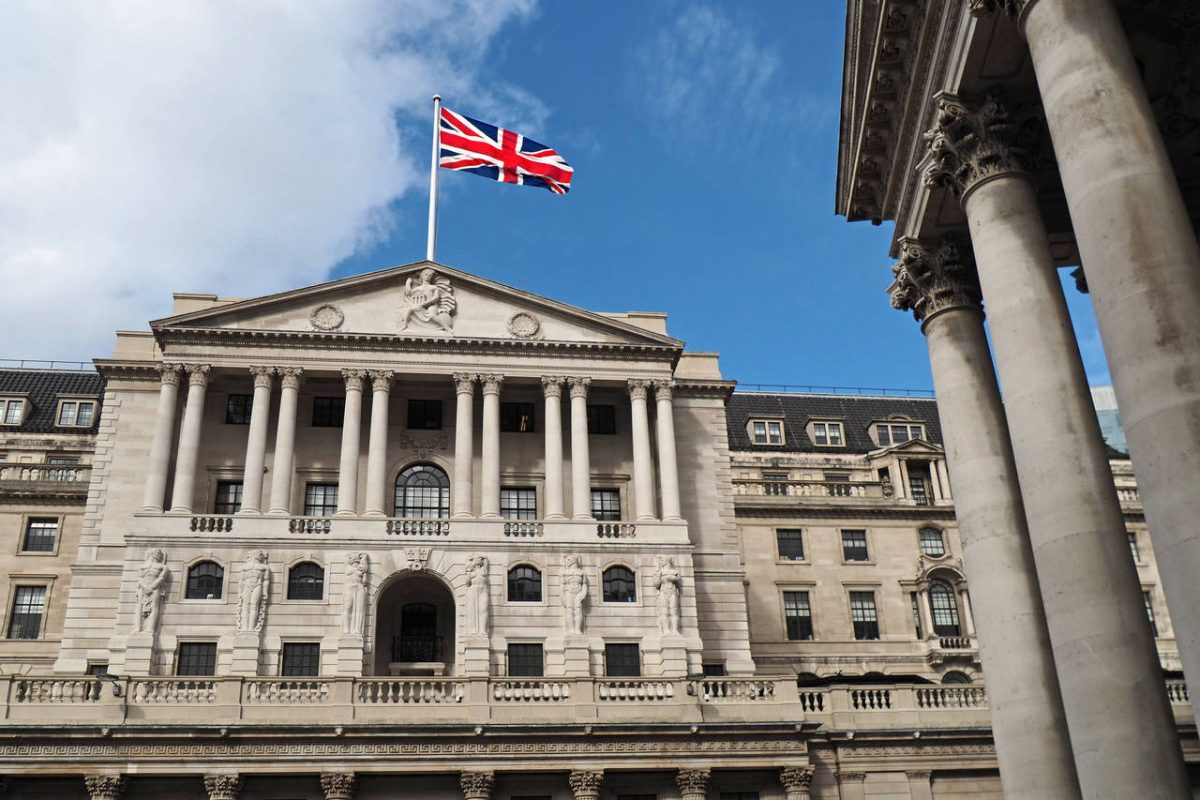Chưa phân loại
What is BOE?How does the BOE affect the world economy?
Central Bank of Great Britain – What is the BOE?
The BOE is Central Bank of Great Britain, established under the Acts of Parliament of England in 1694. The central bank of the United Kingdom is owned by the British government.
In exchange for a loan to the government, the Bank of England was granted the privilege of establishing a joint-stock company and continued to hold a monopoly on joint-stock banking in England and Wales until 1826.
This privilege makes the BOE the mainstay of the British banking system. In effect, the BOE becomes the holder and manager of the UK’s foreign currency reserves. During the 19th and 20th centuries, its state role grew and it has long operated as a public institution, rather than a private one.
So the Bank of England was nationalized through the Bank of England Act 1946.
Of most concern is that the BOE is responsible for implementing credit and monetary policy in consultation with the Treasury (known as the UK Treasury).
BOE’s mission
The BOE has two main tasks: stabilizing money markets and stabilizing financial markets.
Monetary policy is extremely important to the economy as a whole. It prevents hyperinflation and tries to create inflationary expectations so that the economy can grow at a regular rate. To maintain price stability, the Bank of England and its monetary policy committee (MPC) have set an inflation target of 2%.
If inflation exceeds its 2% target, the Bank of England could raise interest rates. An increase in interest rates could cause a rise in prices in the British Pound as investors increase capital inflows into the higher yielding currency.
It can also have a negative impact on the stock market, as businesses will have to pay higher interest rates to lend and equity valuations will be discounted at a higher rate.
However, the Bank of England will not always raise interest rates if inflation exceeds its target. In some cases, like when GDP growth remains low or negative, the Bank of England may keep interest rates low to stimulate the economy. It is important to know that the Bank of England will seek a balance between natural inflation and economic growth.
The resilience of the financial system is paramount to the health of the UK economy and is therefore essential for the Bank of England to respond.
To assist with financial stability mandates, the bank also has a Financial Policy Committee or FPC established in June 2011. The Forex market perceives that, Currency Stability is a key driver of the exchange rate. exchange rate.
BOE’s interest rate policy
Direct impact on the British pound
The BOE can affect the value of the British Pound Sterling through changes in expected interest rates.
For example, if the BOE kept interest rates unchanged but gave forward guidance (telling the market) that it expected more rate hikes in the future, the value of the British Pound would appreciate.
Likewise, a decrease in expectations of a future rate hike or an expectation of a rate cut can lead to a decrease in the value of the British Pound.
Here are two general rules for how interest rates affect the pound and the stock market, although exceptions do sometimes happen:
- Higher expected interest rates increase the strength of the British Pound (GBP) and negatively affect equity value.
- Lower expected interest rates reduce the strength of the British pound (GBP) and positively affect stock values.
Interest rates are not the only monetary policy tool that can affect currencies, tools like quantitative easing can also lead to an increase and decrease in the value of a currency.
If the Bank of England announces that it plans to start a program of quantitative easing (QE), the pound will likely depreciate as a large amount of liquidity enters the market, increasing the money supply in the market. and lead to a reduction in interest rates, or simply maintaining current prices.
Impact on the economy
The Bank of England lowers interest rates when it is trying to stimulate the economy (GDP) and raises rates when it is trying to contain inflation caused by an economy operating above potential (overheating).
Lower interest rates stimulate the economy in a number of ways:
- Businesses that can borrow money and invest in projects will receive more of a riskier loan rate.
- When interest rates are lower, the stock market is discounted at a lower rate, leading to an increase in the value of the stock market causing the wealth effect.
- People invest their money in the economy (stocks and other assets) because they can make more money in these assets than currently low interest rates.


